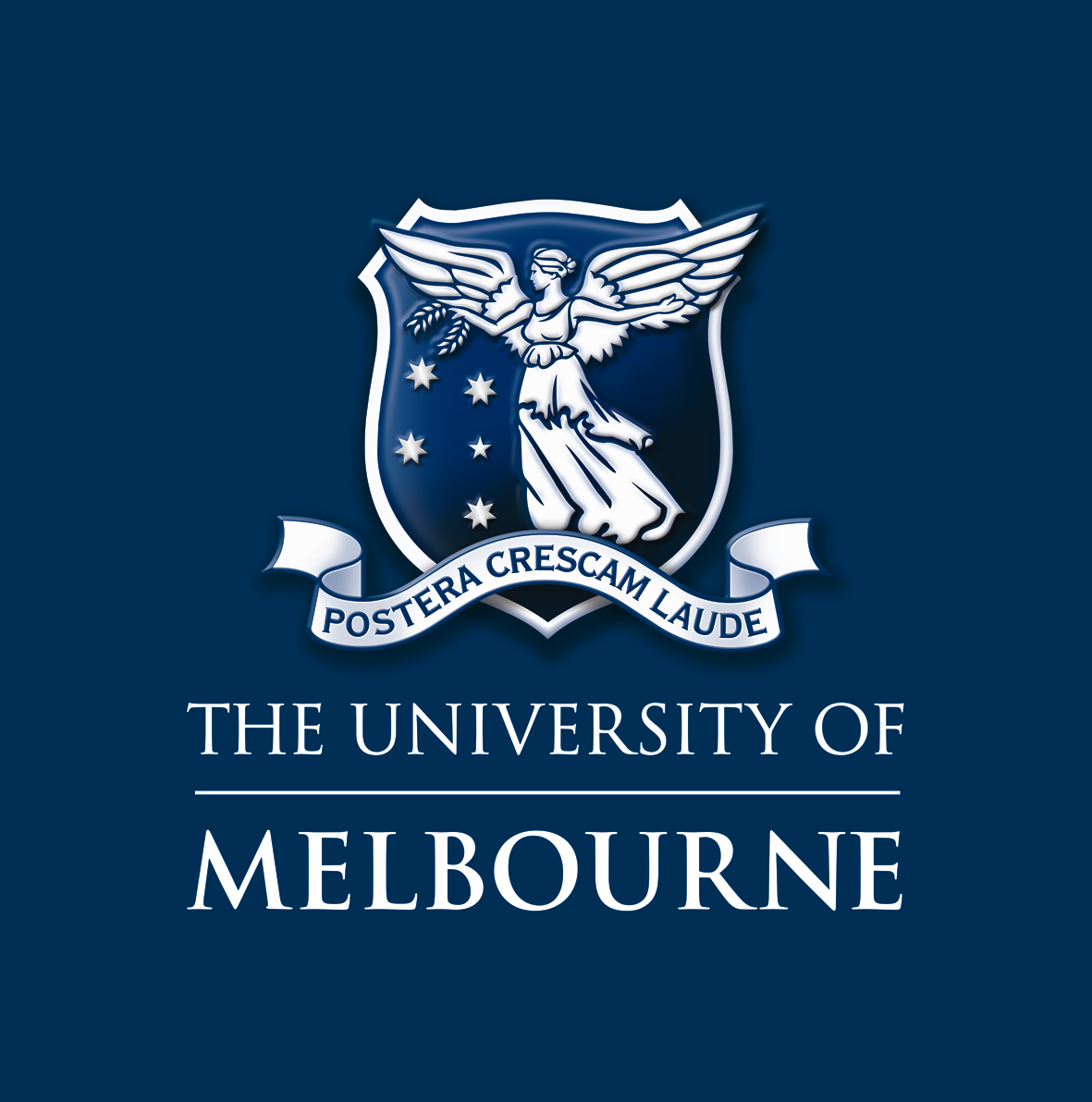Project: A novel link between metabolism and host defence: O-GlcNAc glycosylation
Villadangos Group
O-GlcNAc glycosylation involves addition of a single sugar, β-N-acetylglucosamine, to serine or threonine residues of proteins. It is a unique type of glycosylation found on nuclear and cytoplasmic proteins. The addition and removal of OGlcNAc is catalysed by OGlcNAc transferase (OGT) and OGlcNAse (OGA) respectively. It is a reversible modification akin to phosphorylation. Indeed, OGlcNAc glycosylation occurs in dynamic interplay with phosphorylation, either on the same or adjacent residues. The cross-talk between these two modifications in turn regulates various cellular processes.
In this project we will characterise the function of OGlcNAc glycosylation in a type of immune cells (Denditic cells, DC) that play a critical role in immunity against infection and cancer. We will identify changes in patterns of glycosylation in different metabolic states and upon encounter of pathogens. The function of glycosylated proteins will be further studied to understand the relevance of their OGlcNAc status in various immune cell activities. Finally, we will characterize how OGT and OGA recognize their substrates and the mechanisms that regulate their function. These studies may allow us to design therapeutic drugs that target O-GlcNAc glycosylation to manipulate immune responses against pathogens or cancer.
Contact project supervisor for further
information and application enquiries
Villadangos Group
6 vacancies

The Villadangos group studies the first event that triggers adaptive immune responses: the presentation of pathogen or tumour antigens to T cells by dendritic cells, B cells and macrophages. We are characterising the development, regulation and impairment of antigen presenting cells by pathogens, inflammatory mediators and tumours. We are also dissecting the biochemical machinery involved in antigen capture, processing and presentation. We use this knowledge to understand how T cell-dependent immunity is initiated and maintained, and apply it to design better vaccines and immunotherapies against infectious agents and cancer.
Villadangos Group Current Projects
-
MR1 – a molecular alarm system for intracellular bacterial infection
PhD/MPhil, Master of Biomedical Science, Honours
-
A novel link between metabolism and host defence: O-GlcNAc glycosylation
PhD/MPhil, Master of Biomedical Science, Honours
-
Improving the formation of protective immunity against human viruses
PhD/MPhil, Master of Biomedical Science, Honours
-
Trogocytosis: a novel communication system between cells of the immune system
PhD/MPhil, Master of Biomedical Science, Honours
-
Regulating macrophage 'eating' for cancer and pathogen control
PhD/MPhil, Master of Biomedical Science, Honours
-
The immune signature of sepsis
PhD/MPhil, Master of Biomedical Science, Honours



